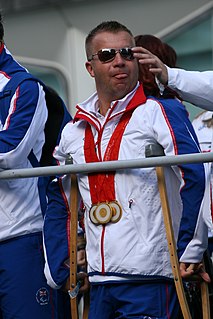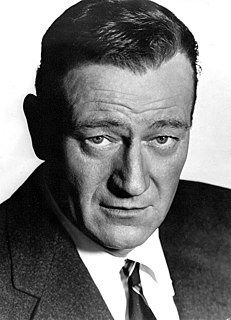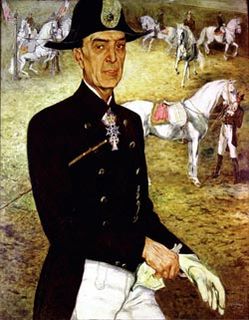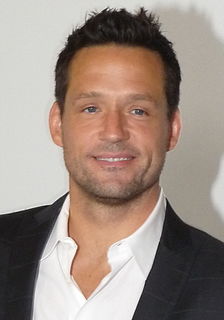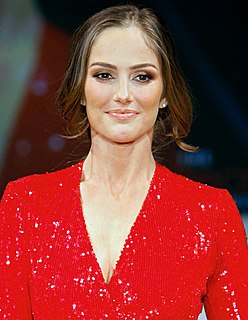A Quote by Charles Caleb Colton
If a horse has four legs, and I'm riding it, I think I can win.
Related Quotes
I am disappointed when I don't win, because I want to believe I can win on every horse I ride, which is a ridiculous thing to think. Even if I'm on a horse that I have woken up thinking has no chance, by the time I've reached the course, I'll have convinced myself that it can win and will be disappointed if it doesn't.
Horseshoes are lucky. Horses have four bits of lucky nailed to their feet. They should be the luckiest animals in the world. They should rule the country. They should win all their horse races, at least. 'In the fifth race today, every single horse was first equal...one horse threw a shoe came in third...the duck was ninth...and five ran.'
Just as experience dictates to the ballet teacher the length of time necessary to train his students, so the horse, too, needs time to mature into a great four legged dancer. This fact cannot be obliterated by seeming successes that supposedly prove the opposite. For, even if someone should succeed in training a horse to high school level by the age of eight, this individual occurrence cannot shake the foundations of the classical art of riding, if this dressage horse is completely unsound and unusable by the age of ten.
There is a story in Zen circles about a man and a horse. The horse is galloping quickly, and it appears that the man on the horse is going somewhere important. Another man standing alongside the road, shouts, «Where are you going?» and the first man replies, «I don't know! Ask the horse!» This is also our story. We are riding a horse, and we don't know where we are going and we can't stop. The horse is our habit energy pulling us along, and we are powerless.

